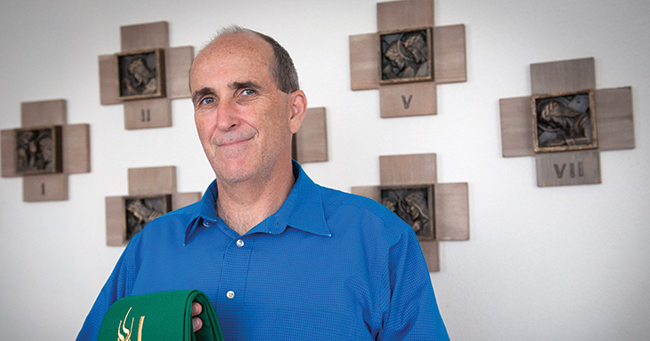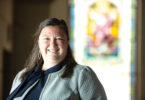
by Leon Suprenant
These are exciting times as we look forward to forming our next cohort of men preparing for the diaconate next year.
As is common, the vast majority of men who are discerning a possible call are married with children, work a full-time job, and are already active in their respective parishes and local communities. They are all good men, and they are very busy men.
Therefore, most of our inquirers rightly wonder how they are going to balance everything. They are already juggling many balls in the air. Would adding the diaconate to the mix cause everything to fall to the ground?
And while the church desires younger family men to consider the diaconate, the question is even more difficult when they still have young children at home.
This question of “balance” is a very good one. And certainly part of the answer involves a clear set of priorities, often in the context of a “plan of life” that enables the men to more fully devote their time to the things that are most important to them.
For the archdiocese’s part, we are sensitive to the challenges of diaconate formation and strive to create a family-friendly program in such a way as to make it as “doable” as reasonably possible. The men in formation appreciate the “retreat atmosphere” of the formation weekends and the fellowship that develops within the cohort.
However, I do think when it comes to the question of “balance” that it’s important to stress who a deacon is rather than what a deacon does.
Sometimes, we define ourselves by what we do, and so we might think of the diaconate as simply entailing a set of functions. Therefore, one might envision adding these functions to an already busy life and feel discouraged or overwhelmed.
The idea, however, is not to load up deacons with new responsibilities, but to effect an interior change that affects and enriches the entirety of one’s life.
Configured to Christ the Servant through the grace of holy orders, the deacon exercises his “ministry” at home and at work, at the soccer game and at Walmart. He takes sacramental grace out beyond the four walls of the church to those who are on the outside looking in.
For the married man with small children and a full, secular career, his diaconate will be exercised, at least for the time being, mostly at home and at work.
His formal ministry “in church” will likely be much less than that of the retired widower whose children are all grown. But it can be every bit as fruitful.
Just as we are Catholics 24/7 and married men with children are husbands and fathers 24/7, so are men who enter the diaconate deacons 24/7.
Making all these beautiful dimensions of one’s vocation work together is not so much about juggling many things, but rather about integrating the diaconate into the fabric of an already flourishing Catholic life.
When this is done successfully, the marriage wins, the family wins and the church wins . . . to the glory of God.






